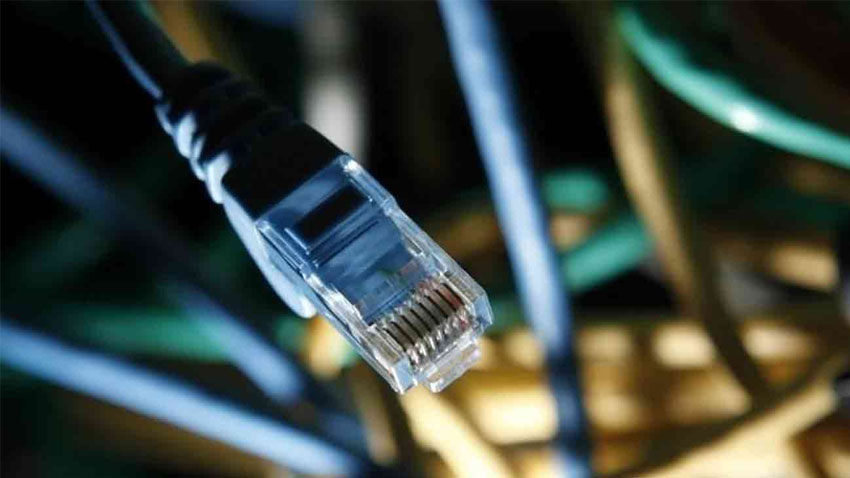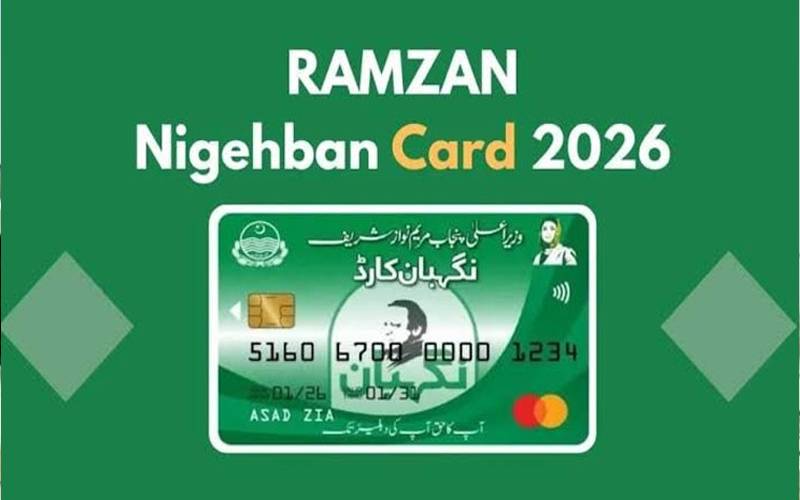
Federal Minister for IT and Telecommunication Shaza Fatima Khawaja shared the exciting news, announcing that these new undersea cables will transform Pakistan’s digital infrastructure and improve nationwide connectivity.
Speaking to the media, she stressed that no country can progress without information technology. The government, she added, is continuously working to invest in the IT sector and provide modern facilities to the public.
According to the minister, Pakistan gained 10 million new mobile subscribers in the past year alone, pushing the total number of mobile users in the country to 200 million. This reflects rapid technological growth and opens new doors for investors.
She further revealed that in the last two years, data usage has increased by 24 to 25 percent. Significantly, nearly 8 million women accessed mobile internet for the first time, marking a progressive social shift.
Experts say that the installation of three new submarine cables will make Pakistan more stable and faster in internet connectivity across the region, unlocking fresh opportunities in education, business, and the digital economy.
Read more: WhatsApp introduces voicemail feature for missed calls
The announcement of three new submarine cables signals a turning point for Pakistan’s digital landscape. For ordinary users, faster and more reliable internet will change how they work, study, and communicate. For businesses, it opens doors to global competitiveness and smoother digital operations.
The rapid rise in mobile subscribers and the first-time internet adoption by millions of women highlight the untapped potential of Pakistan’s digital market. Coupled with increasing data usage, the trend indicates a society moving rapidly toward digital integration.
With stronger connectivity, Pakistan can position itself as a regional hub for IT services, education, and online businesses. However, the challenge remains in ensuring equal access across rural areas and keeping internet services affordable for all.




